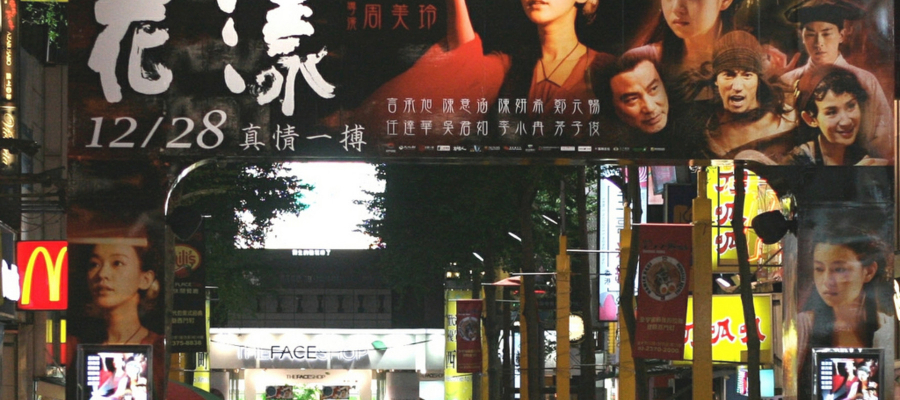
I had an 18-hour stop-over in Taipei, not long to do anything interesting but long enough to get claustrophobic and airplane phobia if I stayed and spent my day in the lounge and listened to flight departure calls.
I arrived at 5 in the morning and wouldn’t leave for San Francisco until 23:00. These days I traveled with a much slower pace, like seeing a couple of sights versus gazillions of them in a single day. Now all I want is to find a nice, cozy little place and sit.
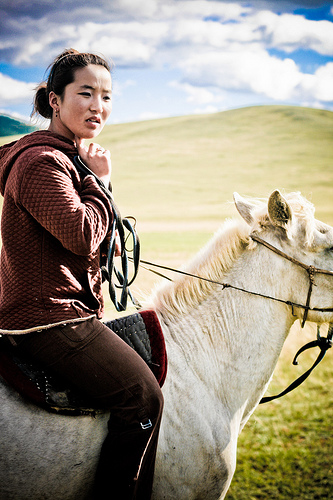
Half of the story behind the Great Walls of China isn’t in China. Even when you have a very good tour guide, read lots of books and watch lots of films, you still get half of the story. To fully understand and visualize the origin of this wonder of the world, you need to go to the other side and meet the descendants of the people who once terrorized not only China but also half of the world.
I visited Mongolia in the 21st the century, the era under rapid urbanization and unprecedented development and progress in technology, yet I felt like walking in the past: people wearing traditional costumes, herding their animals on horseback, living in tents and moving about with their animals.
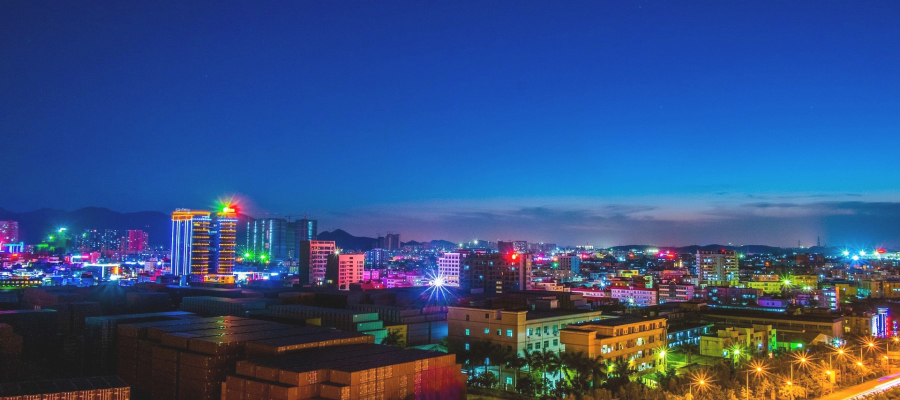
Do you know that your electronic existence and that of everyone else rests on my eBay sellers’ shipping labels which I threw into the trash bins without a second glance?
I had an eBay account which I hardly used until I moved to the Czech Republic (CZ). Having only 10 million people, a relatively small market, businesses in CZ can’t be that competitive. Prices here were much higher compared to what I used to pay in the USA and richer Western European countries like UK or Germany that hs a bigger population and more developed economy.
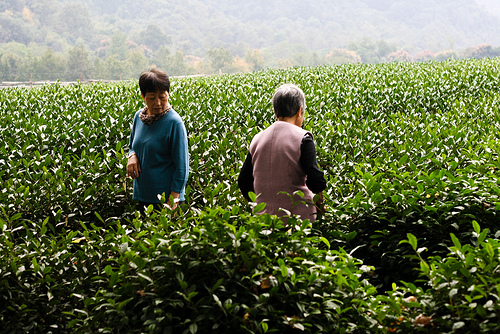
What life is like in a city which inspired a famous Chinese saying “Born/marry in Suzhou, live in Hangzhou, eat in Guangzhou and die in Liuzhou?”
Chinese believed that the most beautiful men and women were born in Suzhou, the best cuisine and food culture concentrated in Guangzhou, the best wood to make coffins which preserved your bodies long after you die grew in Liuzhou and Hangzhou, well-endowed with great natural beauty, offered great living condition.
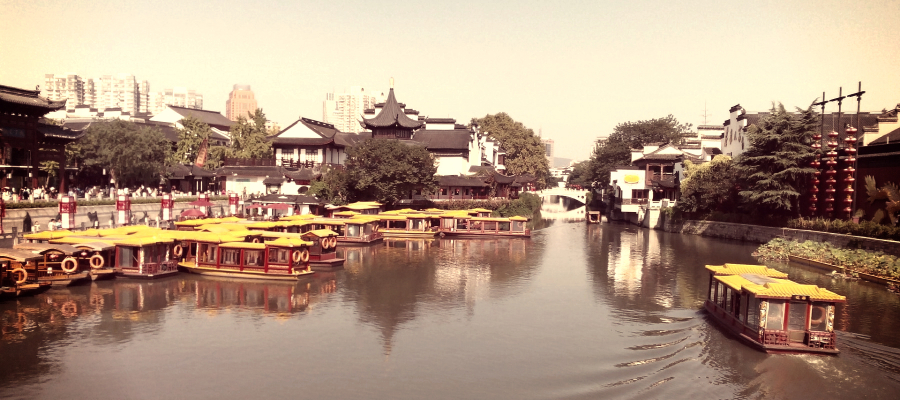
I guess I won’t eat sushi in China then because I don’t want to be smacked, slapped, kicked for being taken as a Japanese sympathizer. It was tough these days being Japanese or have anything to do with Japanese in China.
A group of Japanese expats was beaten up in Shanghai. These Japanese were having a meal with their Chinese colleagues when a mob performed a Jackie Chan style of attack on them, which put them in the hospital. In Xian, a local Chinese, real Chinese, not half Chinese, not foreign-born, got his head busted during an anti-Japan protest as he tried to keep a Chinese mob from damaging his Toyota. A few Japanese businesses had to put up signs showing their support for China.
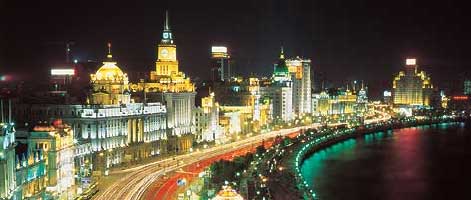
Shanghai wasn’t my cup of tea. I hated it, and it didn’t like me either. Saying the city huge is an understatement. With 23 million, Shanghai is the largest city by population in the world. Combine that with big streets, vehicles, the heat and a massive influx of Chinese tourists flocking to Shanghai during China’s National Day period which lasted one whole week, Shanghai should not top anybody’s vacation list, but somehow it did. Like the other tourists, I had to see one of two cities (Beijing was the other) China was known for, but unlike them, I wanted to know about the city long before I even heard of China. Blame inconsiderate neighbors cranking up their stereo volume or TV stations broadcasting singers dressed in Shanghai dresses crooning the love-lorn, cheesy, classic Chinese song “Blood Spilled Over Shanghai’s Harbor.”
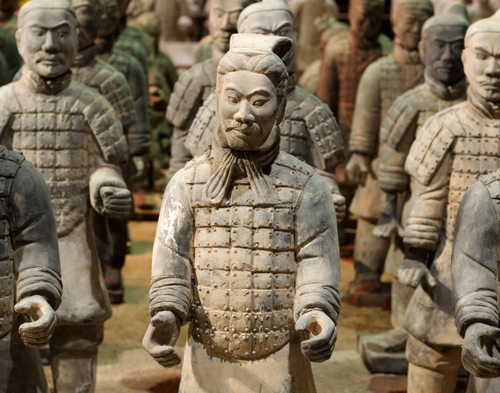
 There more people you kill, the more paranoid you get. You reap in the next life what you sew in this life. I wonder if that was one the reasons Qin Shi Huang, China’s first emperor, needed an entire army to guard him in his afterlife for fear his enemies chopped his dead body into pieces and he couldn’t ‘live’ normally being dead. Complicated I know, but you get the idea.
There more people you kill, the more paranoid you get. You reap in the next life what you sew in this life. I wonder if that was one the reasons Qin Shi Huang, China’s first emperor, needed an entire army to guard him in his afterlife for fear his enemies chopped his dead body into pieces and he couldn’t ‘live’ normally being dead. Complicated I know, but you get the idea.
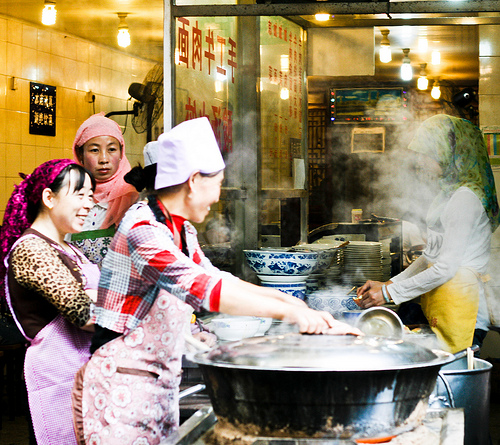
 The moment my eyes laid on a narrow street packed with food stalls and my nose sniffed all kinds of scents and aromas from the many kitchens closed to one another, I knew I had walked into my favorite spot of Xian.
The moment my eyes laid on a narrow street packed with food stalls and my nose sniffed all kinds of scents and aromas from the many kitchens closed to one another, I knew I had walked into my favorite spot of Xian.
As a former capital of old China and the starting/ending point of the Silk Road, the ancient trading route between China and the West, Xian attracted many Muslims from Central Asia and the Middle East who came here to trade and then settled down. Descendants of some families still live here together with the Hui Muslims of China. Their faith can be different, but one thing can be certain, they share the same joy of cooking and eating as the non-Muslim Han Chinese.
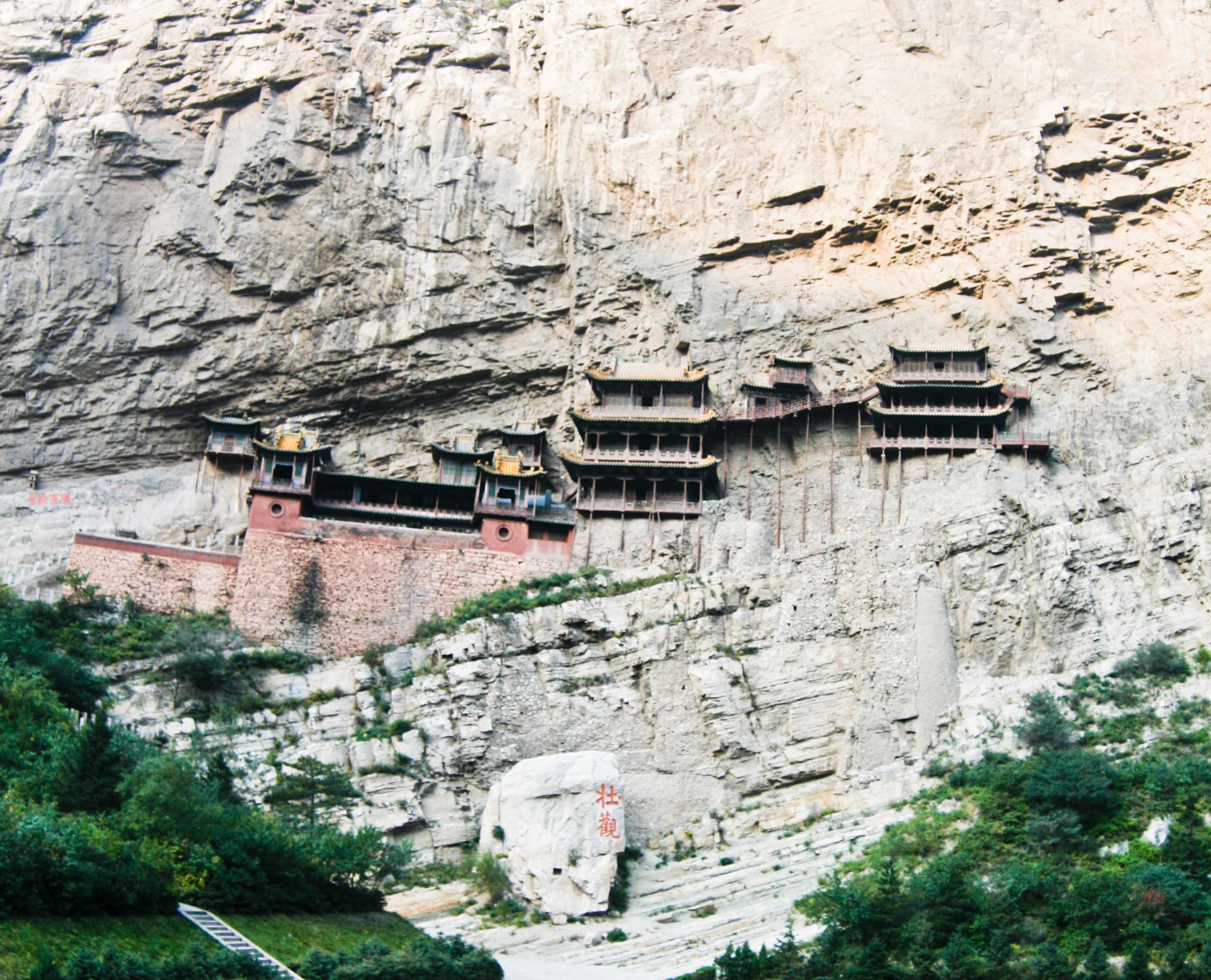
Datong wasn’t on my agenda until a traveler I met in Mongolia told me about the Buddha cave located nearby. At first, I wanted to take a train directly to Datong from Erlian/Erenhot, the Chinese border town with Mongolia but couldn’t find any train nor bus leaving on the same day, thus I went to Beijing instead. Datong itself was a small city with nothing interesting to see. The city was under construction.
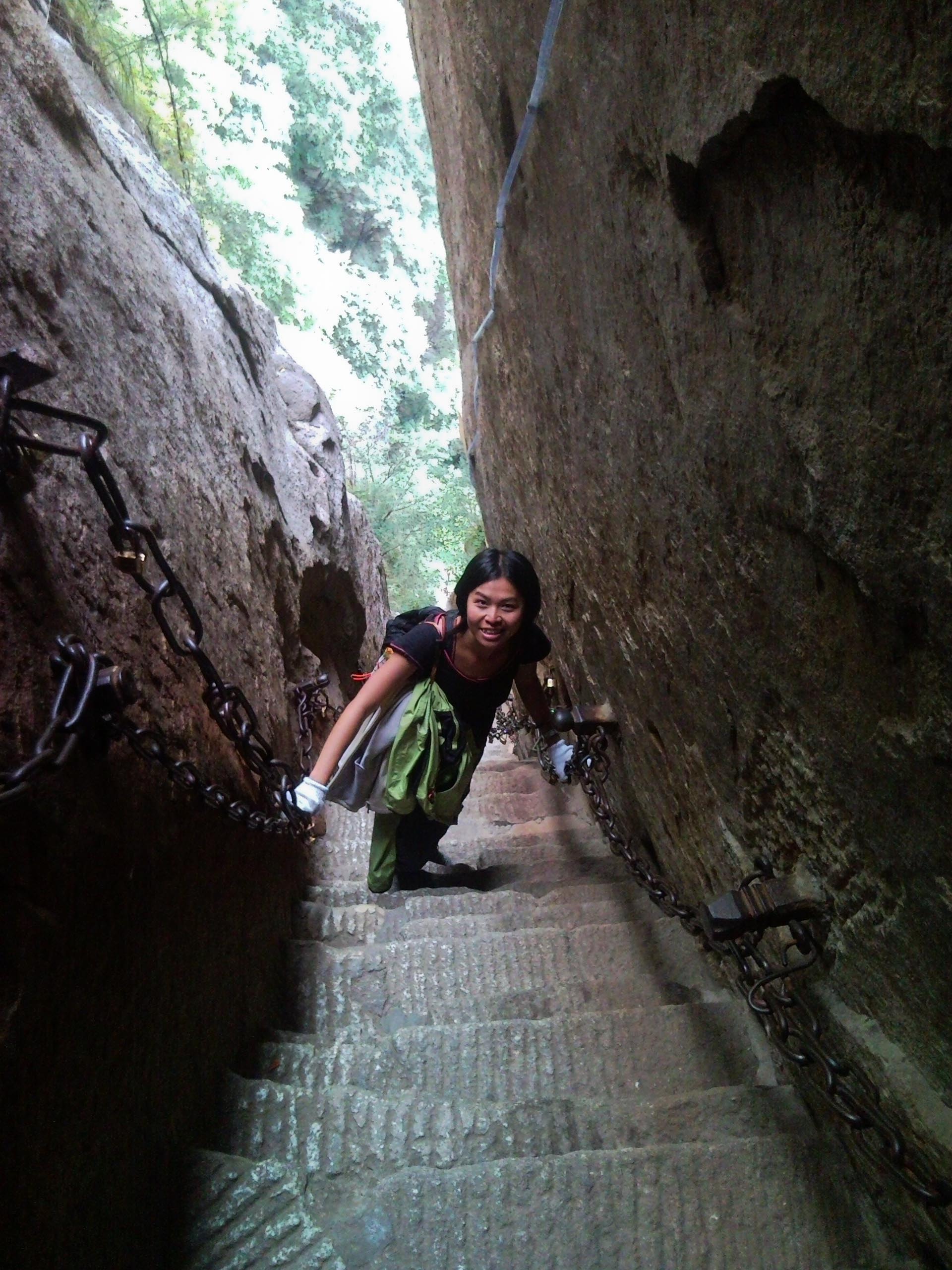
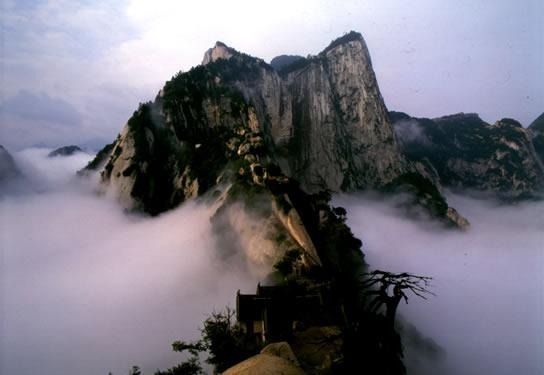
Once upon a time in China when humans could fly, walk on water and kill just by blowing out their internal energy, five great masters of the wulin (martial art’s community) from five different regions of China, hence their nicknames Eastern Heretic, Western Venom, Southern Emperor, Northern Beggar and Central Divine, descended on Mount Hua. These Five Greats came to fight for the Nine Jin Manual, a book which caused chaos in the martial art world. People killed each other to get their hands on the book which contained knowledge about powers, health, martial art techniques and philosophy and could enable one’s martial art skills and power multi-fold.